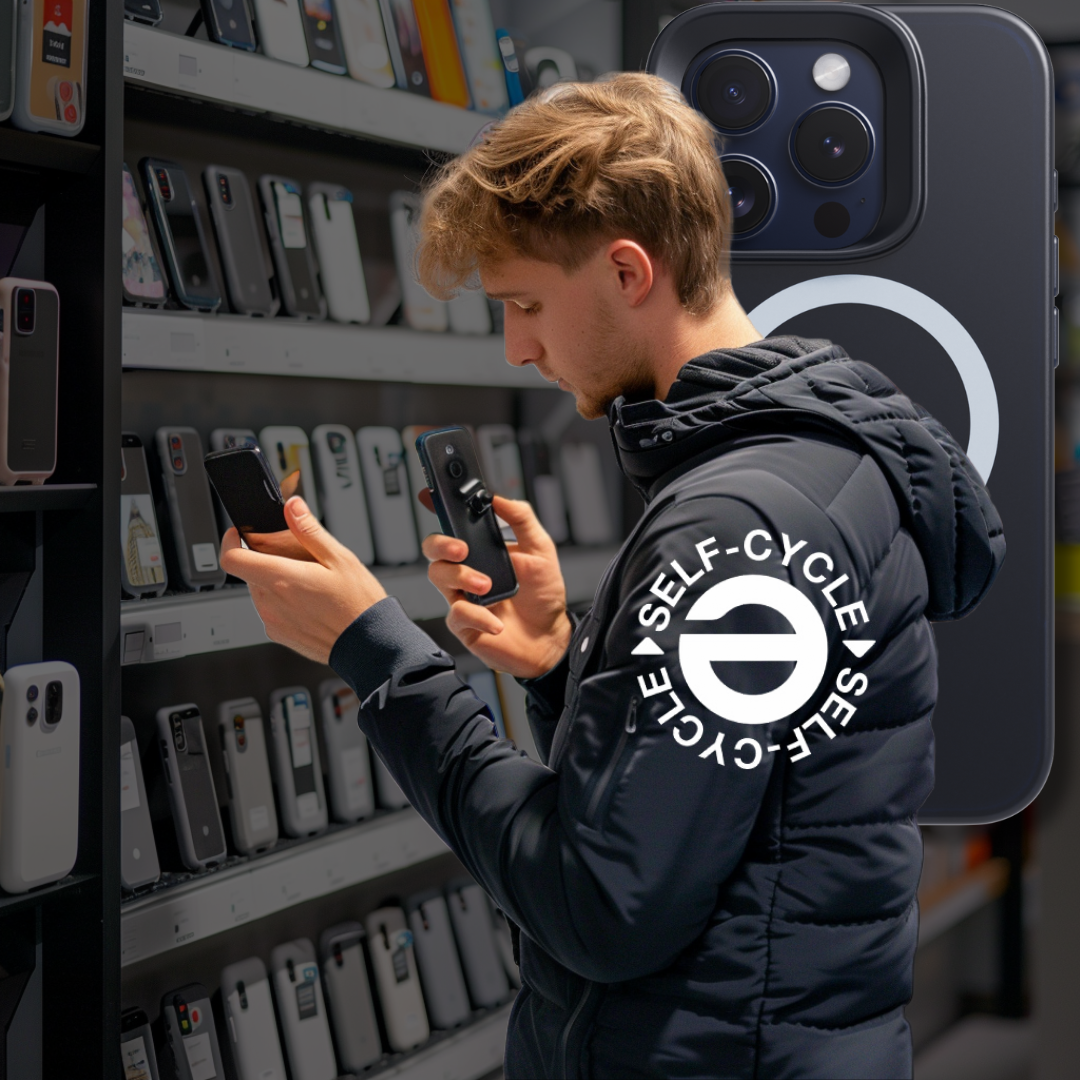
Greenwashing in Tech: Decoding The Truth Behind 'Eco-Friendly' Gadgets
"Greenwashing undermines the critical work needed to address our environmental challenges. It's essential that as leaders, we build trust through transparency and verifiable actions." - Michael Pratt, CEO of Pivet Communications
In the rapidly evolving tech industry, the push to appear environmentally conscious can often lead to greenwashing—a tactic where companies misleadingly advertise their products as sustainable. As tech enthusiasts and everyday consumers, understanding the real environmental impact behind the 'eco-friendly' labels on gadgets is crucial, especially in a sector flooded with vague and often misleading claims.
What is Greenwashing in Tech?
Greenwashing in technology involves companies using deceptive marketing to portray their products or practices as environmentally friendly when they might not be. This can range from overemphasizing the use of recycled materials in products while ignoring their energy-intensive manufacturing processes or the challenges associated with electronic waste.
The Real Impact of Greenwashing in Technology:
Greenwashing dilutes genuine sustainability efforts by misleading consumers and detracting from truly sustainable innovations. It misguides consumer choices, impacts investment in real solutions, and gives companies unearned green credibility that can influence market and regulatory decisions.
Our Commitment: The Self-Cycle™ Technology
At Pivet Communications, we stand firmly against greenwashing. Our commitment to transparency and real environmental responsibility is embodied in our Self-Cycle™ technology. Verified by Intertek, this innovative additive ensures that our products rapidly degrade in years, not generations—setting a new standard in the tech industry and reducing long-term waste significantly. This technology represents our pledge to deliver products that truly align with sustainability.
"At Pivet Communications, we believe that true sustainability comes from actions, not just words. With Self-Cycle™ technology, we’re setting a benchmark for what real environmental responsibility looks like in the tech industry." - Michael Pratt, CEO of Pivet Communications
How to Spot Greenwashing in Tech
Vague Claims: Tech products marketed with broad terms like 'green technology' without specifics can be misleading. Look for products that provide clear, verified information.
Hidden Trade-Offs: Be cautious of products praised for including recycled materials but have high environmental costs in other areas, such as energy consumption or end-of-life disposal.
Lack of Proof: Credible third-party certifications, like those from Energy Star or Intertek for our Self-Cycle™ technology, are crucial in verifying environmental claims.
Misleading Imagery: Marketing using nature imagery on products with significant environmental impacts during their lifecycle is a common greenwashing tactic.
Industry Statistics Highlight the Scale of Greenwashing:
- A 2020 survey revealed that over 70% of tech companies have been accused of greenwashing, using environmental claims to boost sales without substantial sustainability improvements.
- Despite claims of recyclability, less than 40% of e-waste is properly recycled, highlighting the disparity between marketing and reality in tech product disposal.
Why Make It Harder To Trust?
Navigating the world of 'sustainable' tech launches has made buyers increasingly skeptical of surface-level environmental claims. It underscored the importance of doing our homework and supporting companies that not only talk the talk but walk the walk—like our own commitment at Pivet Communications.
Understanding greenwashing in tech is more than just being a well-informed consumer; it's about pushing the entire industry towards genuine sustainability. It’s about supporting companies that invest in technologies like Self-Cycle™ and insisting on transparency and accountability in environmental commitments.
Dig Deeper & Become More Aware
Next time you're evaluating a 'green' tech product, dig a little deeper. Let's demand more than just good marketing—let's support real sustainable innovation and hold tech companies accountable for their environmental impact.
For more insights into our Self-Cycle™ technology and our sustainability initiatives, visit www.mypivet.com. Join us in our mission to transform the tech industry for a sustainable future.
Copyright © 2024 Pivet Communications, Inc. All rights reserved.


